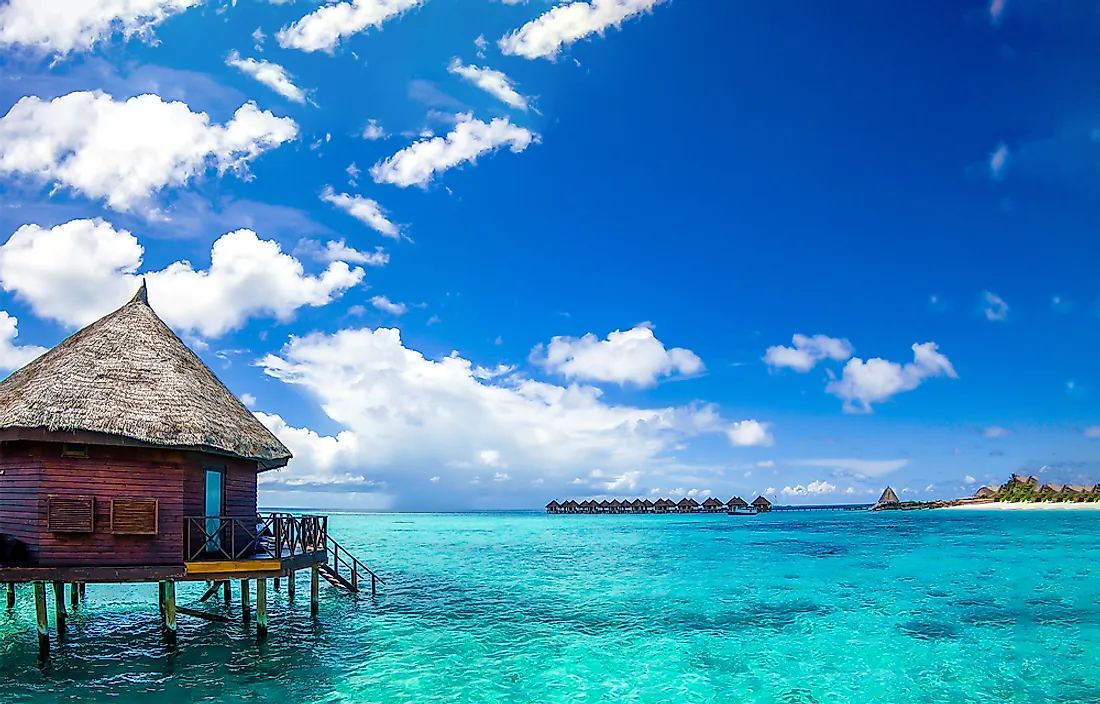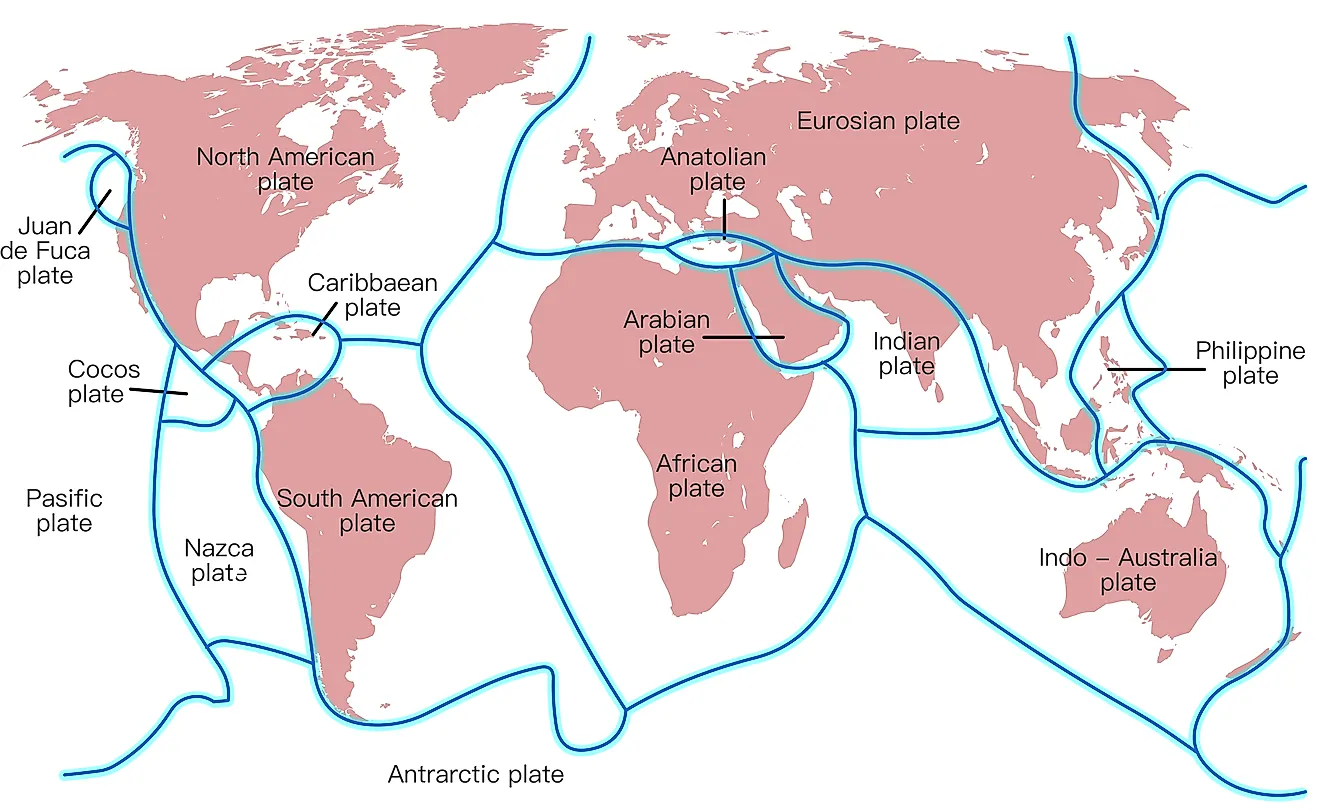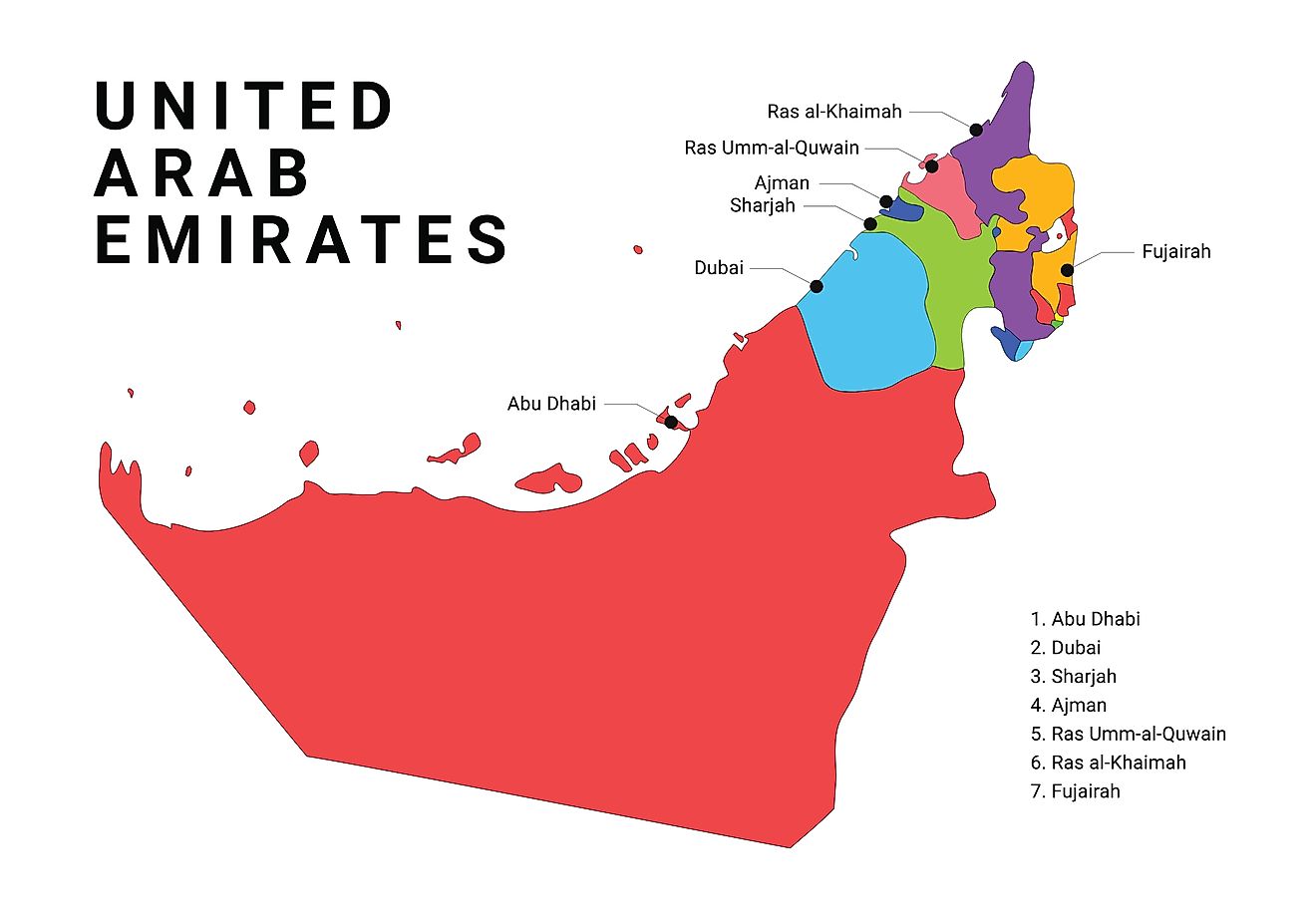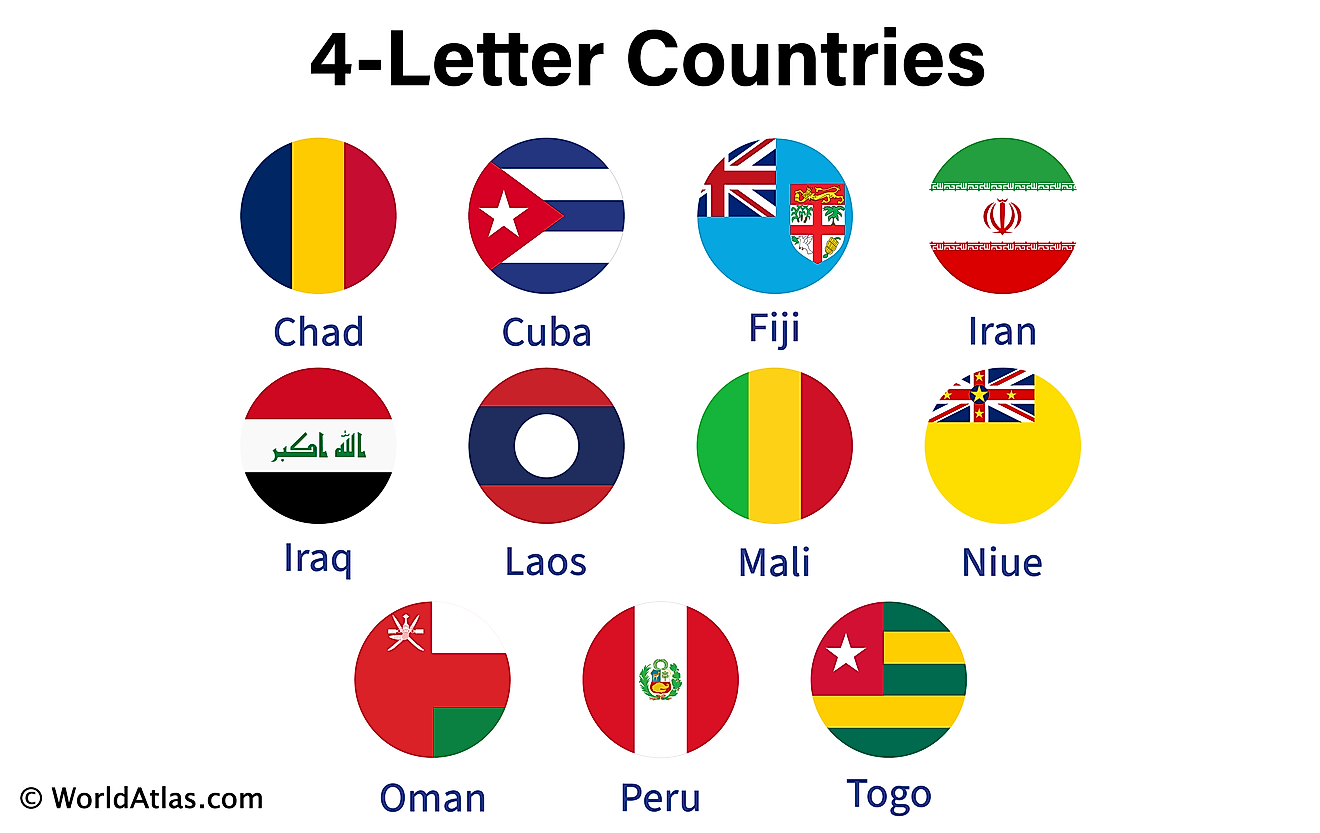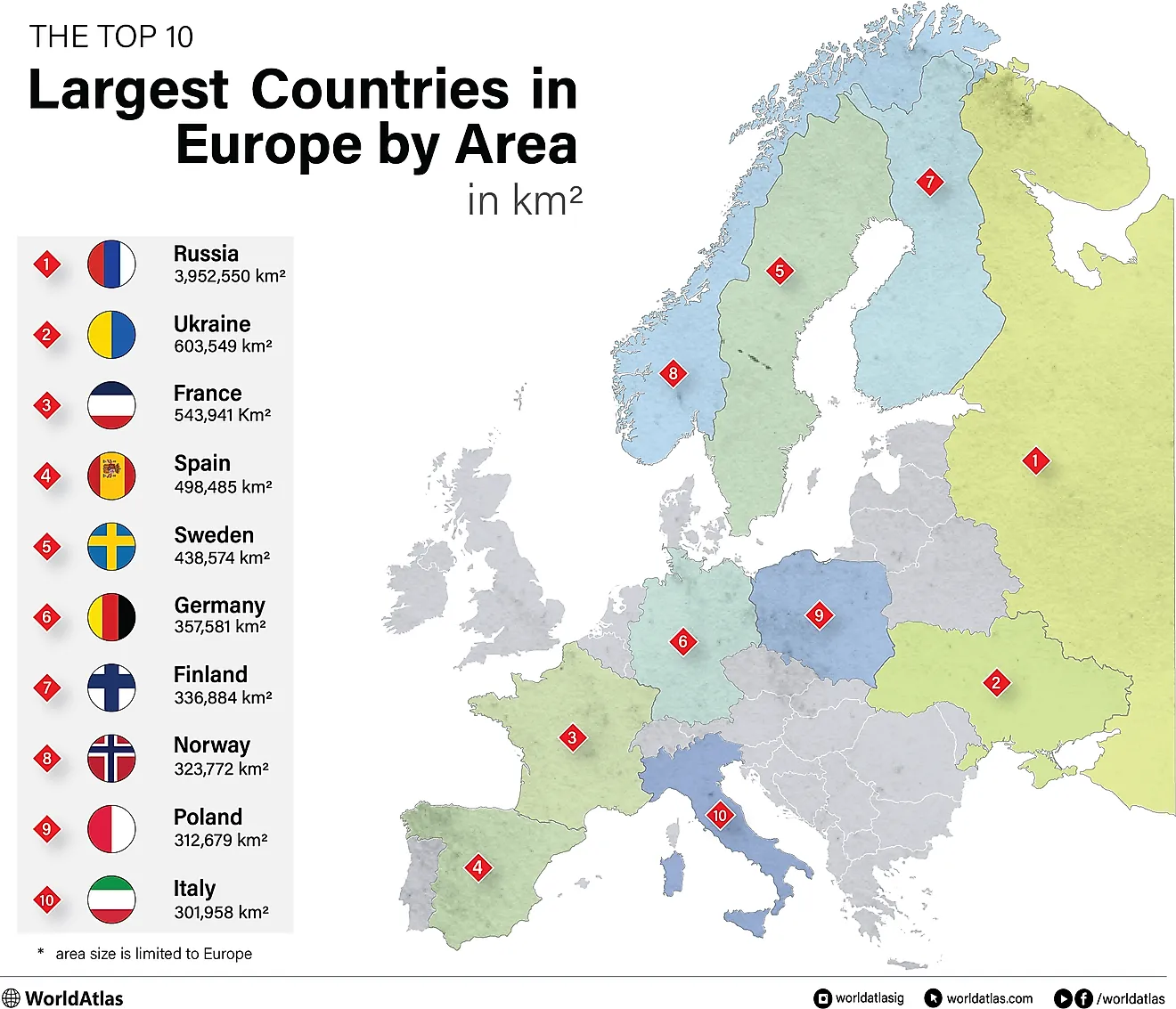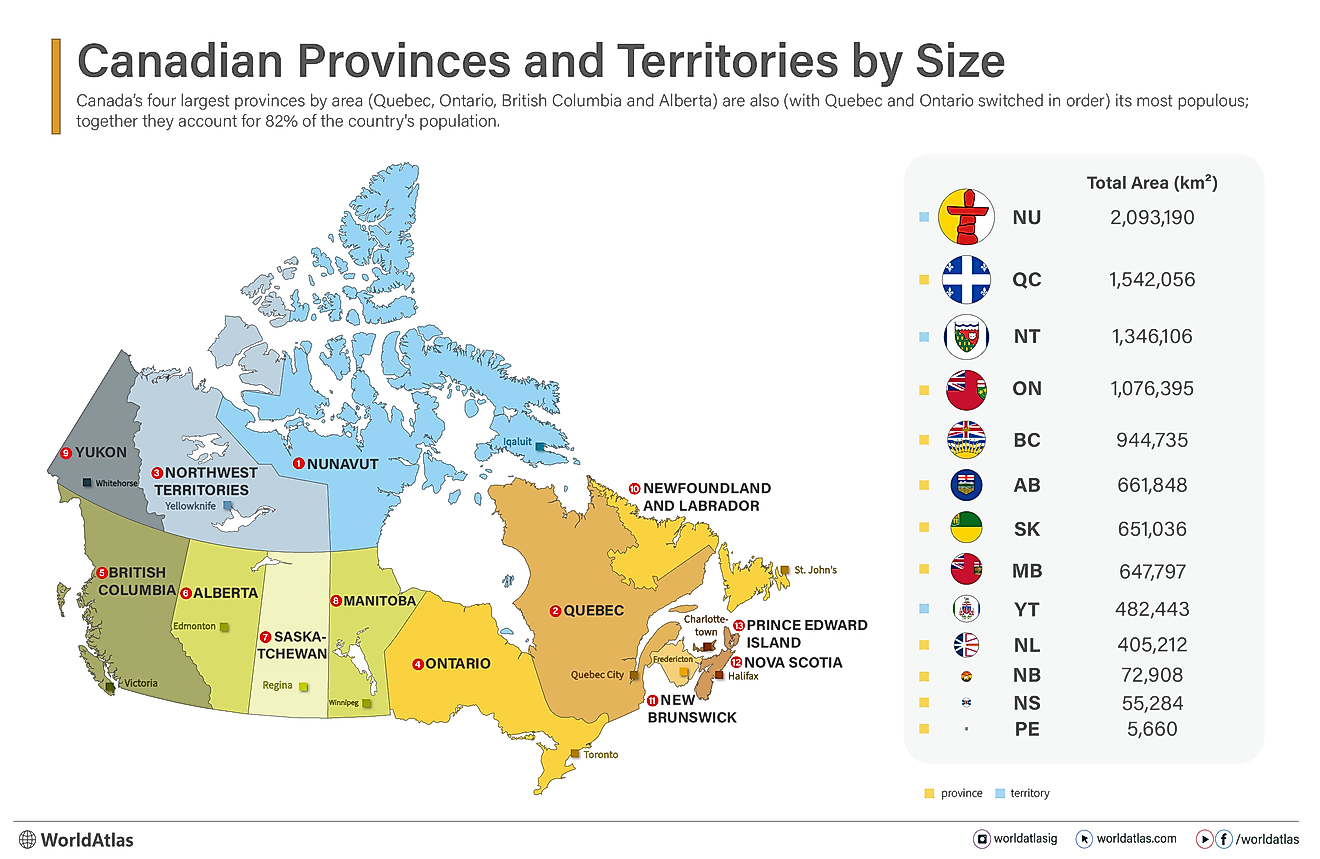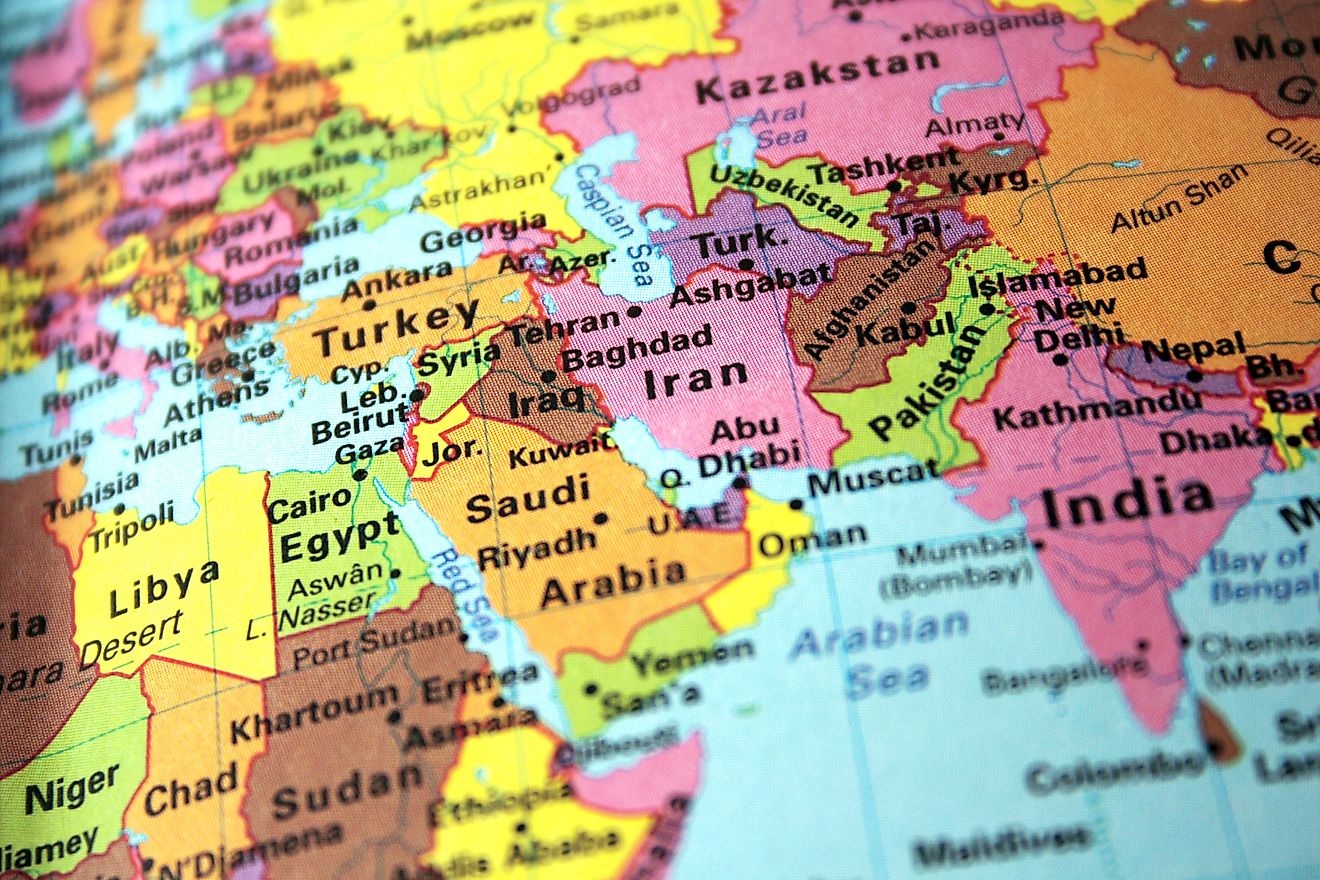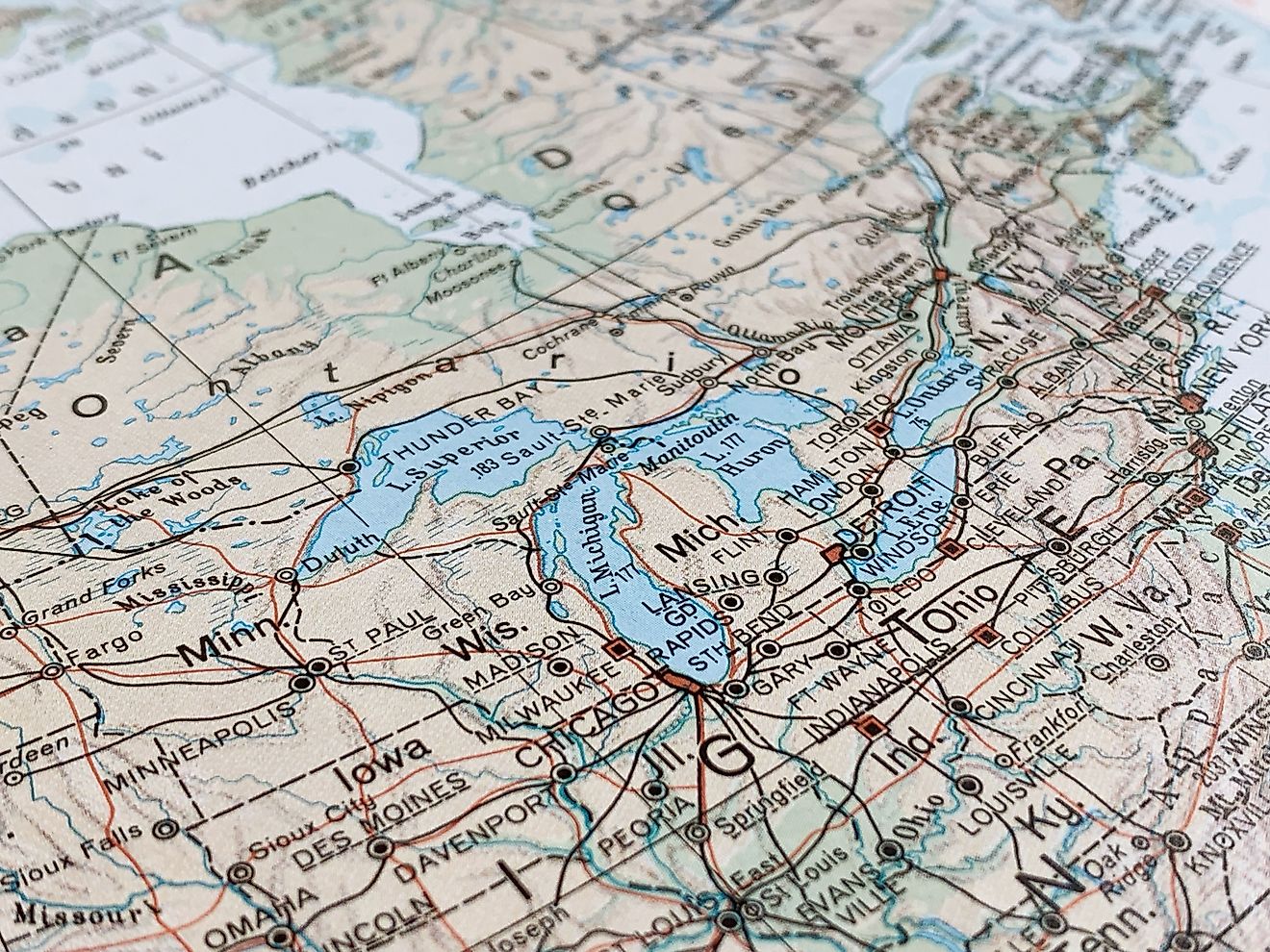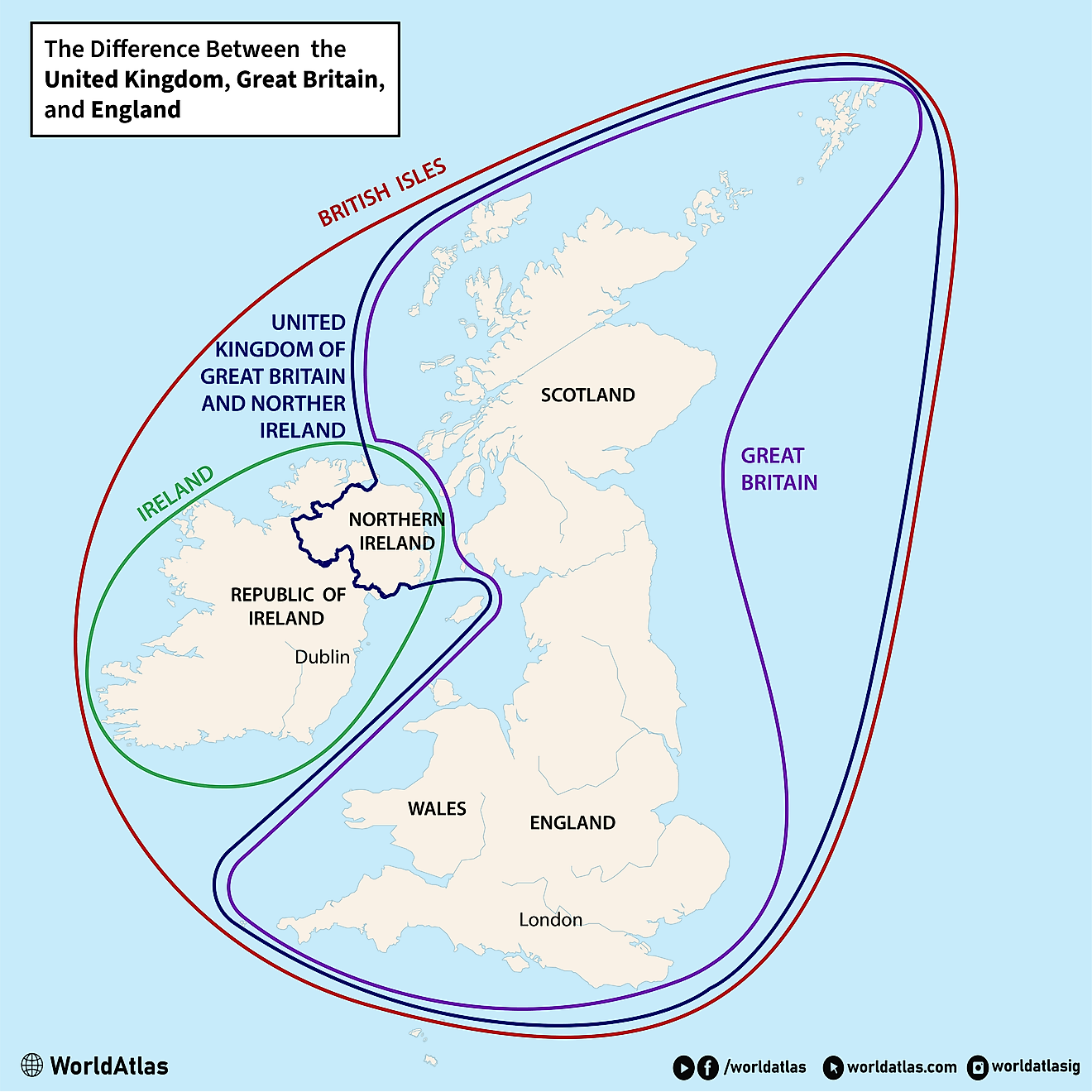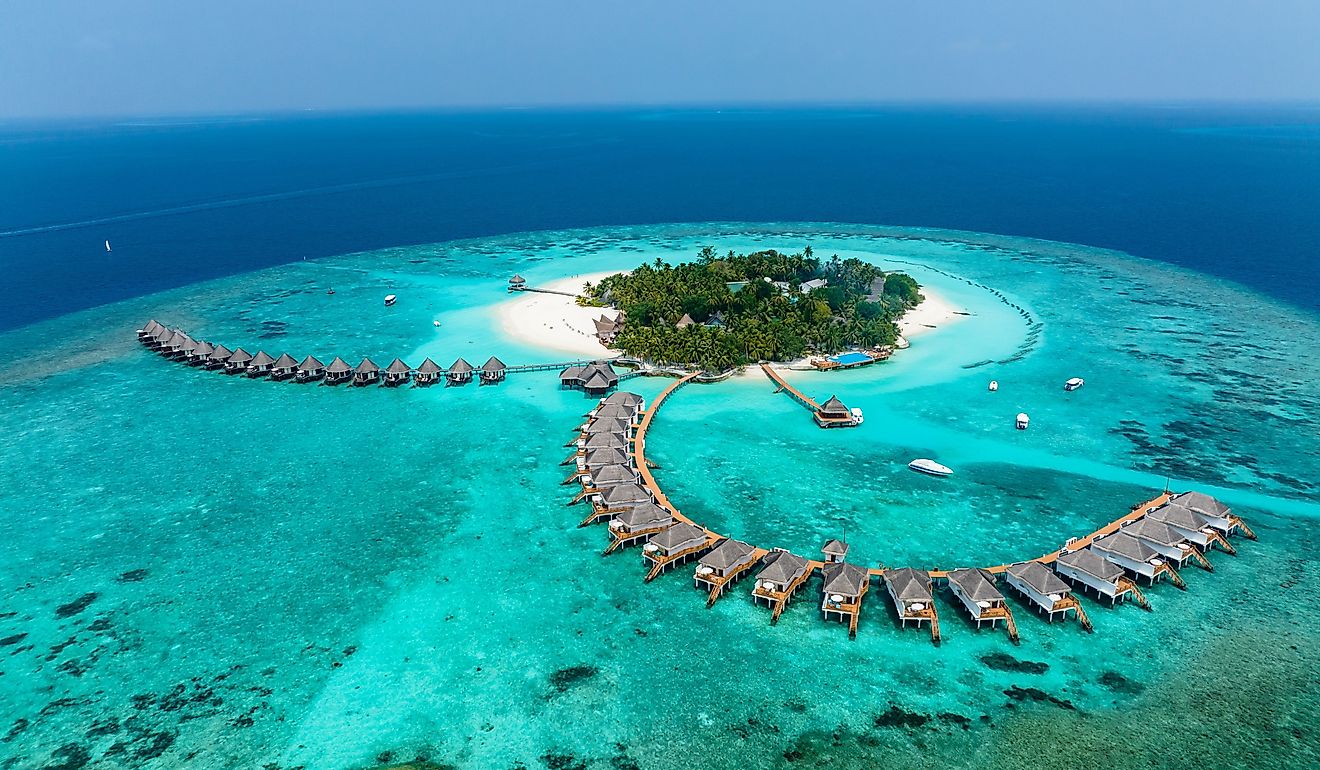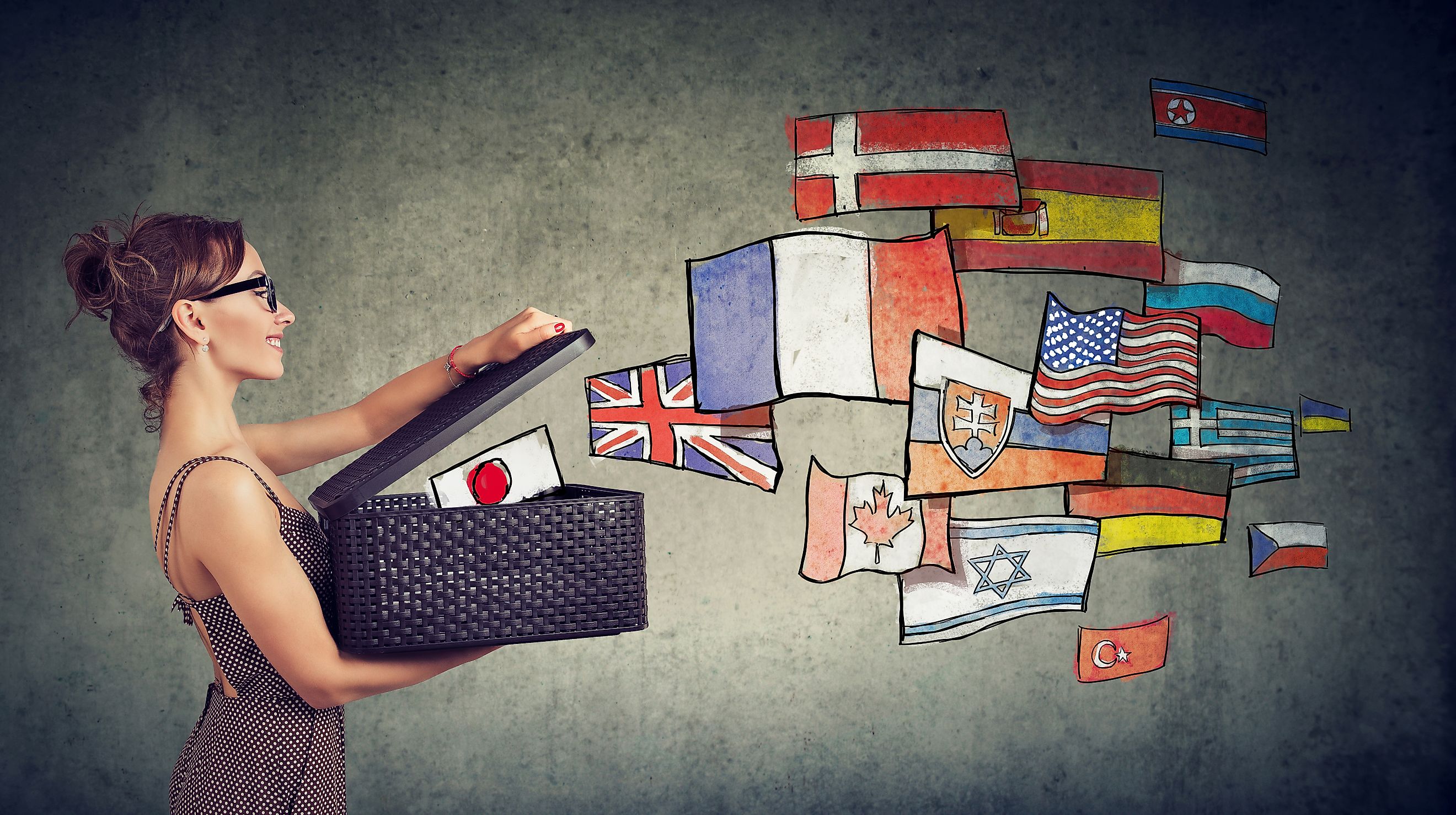
Names of Countries in Their Own Languages
While English speakers have names for each country in the world, the names can vary quite drastically in the native languages of said countries. The English name for a country can be completely different from what its native inhabitants call it on a day-to-day basis.
These linguistic happenstances are called exonyms and endonyms. An endonym refers to a native name for a geographical place, whereas an exonym is a foreign name for the exact same geographical place. Every county has its own endonym, but it can also have numerous exonyms.
Beyond this table, you will find in-depth examinations of the roots of the names of 10 major countries, from China to New Zealand.
All Country Names Written In Their Native Tongue
| Country Name (English) | Active Language(s) | Country Name (Native Tongue) |
|---|---|---|
| Afghanistan | Dari, Pashto | افغانستانAfghanestan |
| Albania | Albanian | Shqipëria |
| Algeria | Arabic, Berber | Dzayer |
| Andorra | Catalan | Andorra |
| Angola | Kongo, Portuguese | Angola |
| Antigua and Barbuda | English | Antigua and Barbuda |
| Argentina | Spanish | Argentina |
| Armenia | Armenian | Hayastán |
| Australia | English | Australia |
| Austria | German | Österreich |
| Azerbaijan | Azerbaijani | Azərbaycan |
| The Bahamas | English | The Bahamas |
| Bahrain | Arabic, Berber | البحرينAl-Bahrayn |
| Bangladesh | Bengali | Bangladesh বাংলাদেশ |
| Barbados | English | Barbados |
| Belarus | Belarusian | Bielaruś, Беларусь |
| Belgium | Dutch, French, German | België, Belgique, Belgien |
| Belize | English | Belize |
| Benin | French | Bénin |
| Bhutan | Dzongkha | Druk Yul, འབྲུག་ཡུལ |
| Bolivia | Aymara, Guaraní, Quechua, Spanish | Wuliwya, Volívia, Buliwya, Bolivia |
| Bosnia and Herzegovina | Bosnian, Serbian, Croatian | Bosnia I Hercegovína, Босна и Херцеговина |
| Botswana | English, Tswana | Botswana |
| Brazil | Portuguese | Brasil |
| Brunei | Malay | Brunei بروني |
| Bulgaria | Bulgarian | Bulgariya, България |
| Burkina Faso | French | Burkina Faso |
| Burundi | French, Kirundi | Burundi, Uburundi |
| Cambodia | Khmer | Kampuchea កម្ពុជា |
| Cameroon | English, French | Cameroon, Cameroun |
| Canada | English, French | Canada |
| Cape Verde | Portuguese | Cabo Verde |
| Central African Republic | French, sango | République Centrafricaine, Ködörösêse tî Bêafrîka |
| Chad | Arabic, French | Tchad, تشاد |
| Chile | Spanish | Chile |
| China | Mandarin Chinese | Zhōngguó 中国 |
| Colombia | Spanish | Colombia |
| Comoros | Arabic, French, Shikomor | جزر القمر Comores Koromi |
| Republic of the Congo | French, Lingala | République du Congo, Republíki ya Kongó |
| Democratic Republic of the Congo | French, Lingala, Swahili | République démocratique du Congo, Republíki ya Kongó, Demokratíki Jamhuri ya Kidemokrasia ya Kongo |
| Costa Rica | Spanish | Costa Rica |
| Côte d'Ivoire | French | Côte d'Ivoire |
| Croatia | Croatian | Hrvatska |
| Cuba | Spanish | Cuba |
| Cyprus | Greek, Turkish | Κύπρος Kıbrıs |
| Czechia | Czech | Česko |
| Denmark | Danish | Danmark |
| Djibuti | Arabic, French | جيبوتي Djibouti |
| Dominica Republic | Spanish | República Dominicana |
| East Timor | Portuguese, Tetum | Timor-Lester, Timor Lorosa'e |
| Ecuador | Spanish | Ecuador |
| Egypt | Arabic | مصرMisr |
| El Salvador | Spanish | El Salvador |
| Equatorial Guinea | Spanish | Guinea Ecuatorial |
| Eritrea | Arabic, Tigrinya | Iritriya إرتريا Ertra |
| Estonia | Estonian | Eesti |
| Eswatini | English, Swazi | Eswatini, eSwatini |
| Ethiopia | Amharic | Ityop'ia ኢትዮጵያ |
| Fiji | English, Fijian, Fiji Hindi | Fiji, Viti, फ़िजी |
| Finland | Finnish, Swedish | Suomi, Finland |
| France | French | France |
| Gabon | French | République gabonaise |
| The Gambia | English | The Gambia |
| Georgia | Georgian | Sak'art'velo საქართველო |
| Germany | German | Deutschland |
| Ghana | Akan, English, Ewe, Twi | Gaana, Ghana, Gana, Gana |
| Greece | Greek | Hellas Ελλάς |
| Grenada | English | Grenada |
| Guatemala | Spanish | Guatemala |
| Guinea | French, Manika, Pular | Guinée, Gine, Gine |
| Guinea-Bissau | Portuguese, Guinean Portuguese | Guiné-Bissau |
| Guyana | English | Guyana |
| Haiti | French, Haitian Creole | Haïti, Ayiti |
| Honduras | Spanish | Honduras |
| Hong Kong | English, Cantonese | Hong Kong, Heung Gong, 香港 |
| Hungary | Hungarian | Magyarország |
| Iceland | Icelandic | Ísland |
| India | Assamese, Bengali, English, Hindi, Kannada, Konkai, Malayalam, Marthi, Nepalese, Oriya, Punjabi, Sanskrit, Tamil, Telugu | Bharôt ভাৰত, Bharôt ভারত, India, Bhārat ભારત, Bhārat भारत, Bhārata ಭಾರತ, Bhārat भारत, Bhāratam ഭാരതം, Bhārat भारत, Bhārat भारत, Bharôtô ଭାରତ, Bhārat ਭਾਰਤ, Bhāratam भारतम्, Bārata பாரதம், Bhāratadēsam భారత దేశం |
| Indonesia | Bahasa Indonesia | Indonesia |
| Iran | Persian | Īrān ایران |
| Iraq | Arabic, Kurdish | Al-'Iraq العراق |
| Ireland | English, Irish | Ireland, Éire |
| Israel | Arabic, Hebrew | Israʼiyl إسرائيل, Yisra'el ישראל |
| Italy | Italian | Italia |
| Jamaica | English | Jamaica |
| Japan | Japanese | Nippon 日本 |
| Jordan | Arabic | Al-'Urdun الأردن |
| Kazakhstan | Kazakh, Russian | Qazaqstan Қазақстан, Kazakhstán Казахстан |
| Kenya | English, Swahili | Kenya |
| Kiribati | Gilbertese, English | Tungaru |
| North Korea | Korean | Chosŏn 조선 Bukchosŏn 북조선 |
| South Korea | Korean | Hanguk 한국 Namhan 남한 |
| Kosovo | Albanian, Serbian | Kosova, Косово |
| Kuwait | Arabic | Dawlat ul-Kuwayt دولة الكويت |
| Kyrgyzstan | Kyrgyz, Russian | Kyrgyzstan Кыргызстан, Kirgizija Киргизия |
| Laos | Lao | Lao ປະເທດລາວ |
| Latvia | Latvia | Latvija |
| Lebanon | Arabic, French | Lubnān لبنان, Liban |
| Lesotho | English, Sesotho | Lesotho |
| Liberia | English | Liberia |
| Libya | Berber, Arabic | Libya, Lībiyā ليبيا |
| Liechtenstein | German | Liechtenstein |
| Lithuania | Lithuanian | Lietuva |
| Luxembourg | French, German, Luxembourgish | Luxembourg, Luxemburg, Lëtezebuerg |
| Madagascar | French, Malagasy | Madagascar, Madagasikara |
| Malawi | Chichewa, English | Malaŵi, Malawi |
| Malaysia | Mandarin Chinese, Malay, Tamil | Mǎláixīyà 马来西亚, Malaysia, மலேசியா |
| Maldives | Dhivehi | Dhivehi Raajje |
| Mali | Bambara, French | Mali, Mali |
| Malta | English, Maltese | Malta, Malta |
| Marshall Islands | English, Marshallese | Marshall Islands, Aorōkin M̧ajeļ |
| Mauritania | Arabic, Berer | Muritan / Agawec, Mūrītānyā موريتانيا |
| Mauritius | English, French, Mauritian Creole | Mauritius, Maurice, Moris |
| Mexico | Nahuatl, Spanish | Mēxihco, México |
| Federated States of Micronesia | English | Federated States of Micronesia |
| Moldova | Romanian | Moldova |
| Monaco | French, Monégasque | Monaca, Múnegu |
| Mongolia | Mongolia | Mongol Uls Монгол Улс |
| Montenegro | Montenegrin | Crna Gora Црна Гора |
| Morocco | Arabic, Berber | Al-maɣréb المغرب, Amerruk / Elmeɣrib |
| Mozambique | Portuguese | Moçambique |
| Myanmar | Burmese | Myanma မြန်မာ |
| Namibia | Afrikaans, Engish, Damara, German, Herero | Namibia, Namibia, Namibia, Namibia, Namibia |
| Nauru | Nauruan | Naoero |
| Nepal | Davanagari, Nepalese | Nepāl नेपाल |
| The Netherlands | Dutch, West Frisian | Nederland, Nederlân |
| New Zealand | English, Māori | New Zealand, Aotearoa |
| Nicaragua | Spanish | Nicaragua |
| Niger | French | Niger |
| Nigeria | English, Hausa, Igbo, Yoruba | Nigeria, Nijeriya, Naigeria, Nàìjíríà |
| North Macedonia | Macedonian | Severna Makedonija Северна Македонија |
| Norway | Norwegian | Norge |
| Oman | Arabic | ‘Umān عُمان |
| Pakistan | English, Urdu | Pākistān پاکستان |
| Palau | English, Palauan | Palau, Belau |
| Palestine | Arabic | Filasṭīn فلسطين |
| Panama | Spanish | Panamá |
| Papua New Guinea | English, Hiri Motu, Tok Pisin | Papua New Guinea, Papua Niugini, Papua Giugini |
| Paraguay | Guaraní, Spanish | Paraguái, Paraguay |
| Peru | Aymara, Spanish | Piruw, Perú |
| Philippines | English, Filipino | Philippines, Pilipinas |
| Poland | Polish | Polska |
| Portugual | Portuguese | Portugal |
| Qatar | Arabic | Qaṭar قطر |
| Romania | Romanian | România |
| Russia | Russian | Rossiâ Россия |
| Rwanda | English, French, Kinyarwanda, Swahili | Rwanda |
| Saint Kitts and Nevis | English | Saint Kitts and Nevis |
| Saint Lucia | English | Saint Lucia |
| Saint Vincent and the Grenadines | English | Saint Vincent and the Grenadines |
| Samoa | English, Samoan | Samoa, Sāmoa |
| San Marino | Italian | San Marino |
| São Tomé and Principe | Portuguese | São Tomé e Principe |
| Saudi Arabia | Arabic | Al-‘Arabiyyah as Sa‘ūdiyyah المملكة العربية السعودية |
| Senegal | French | Sénégal |
| Serbia | Serbian | Srbija Србија |
| Seychelles | English, French, Seychellois Creole | Seychelles, Seychelles, Sesel |
| Sierra Leone | English | Sierra Leone |
| Singapore | English, Malay, Mandarin Chinese, Tamil | Singapore, Singapura, 新加坡, சிங்கப்பூர் |
| Slovakia | Slovak | Slovensko |
| Slovenia | Slovene | Slovenija |
| Solomon Islands | Englih, Neo-Solomonic | Solomon Islands, Solomon Aelan |
| Somalia | Arabic, Somali | Soomaaliya aş-Şūmāl, الصومال |
| South Africa | Afrikaans, English, isiZulu, isiXhoas, Pedi, Sotho, Tswana, Venda, Tsonga, Swazi, Ndebele | Suid-Afrika, South Africa, iNingizimu Afrika, uMzantsi Afrika, Afrika-Borwa, Afrika Borwa, Aforika Borwa, Afurika Tshipembe, Afrika Dzonga, iNingizimu Afrika, iSewula Afrika |
| South Sudan | English, Dinka, Swahili | South Sudan, Paguot Thudän, Sudan Kusini |
| Spain | Spanish, Catalan, Basque | España, Espanya, Espainia |
| Sri Lanka | Sinhala, Tamil | Sri Lankā ශ්රී ලංකාව இலங்கை |
| Sudan | Arabic | As-Sudan السودان |
| Suriname | Dutch | Surinam |
| Sweden | Swedish | Sverige |
| Switzerland | French, German, Italian, Romansh | Suisse, Schweiz, Svizzera, Svizra |
| Syria | Arabic | Suriyah سورية |
| Tajikistan | Tajiki-Persian | Tojikistan Тоҷикистон |
| Tanzania | English, Swahili | Tanzania |
| Thailand | Thai | Mueang Thai, Prathet Thai, Ratcha-anachak Thai เมืองไทย, ประเทศไทย, ราชอาณาจักรไทย |
| Togo | Ewe, French, Kabiye | Togo, Togo, Togo |
| Tonga | English, Tongan | Tonga |
| Trinidad and Tobago | English | Trinidad and Tobago |
| Tunisia | Arabic,Berber | Tunes, تونس |
| Turkmenistan | Turkmen | Türkiye |
| Tuvalu | English, Tuvaluan | Tuvalu |
| Uganda | Enlish, Swahili | Uganda |
| Ukraine | Ukrainian | Ukraїna Україна |
| United Arab Emirates | Arabic | Al-’Imārat Al-‘Arabiyyah Al-Muttaḥidah الإمارات العربيّة المتّحدة |
| United Kingdom | English, Welsh, Scots, Irish | United Kingdom, Y Deyrnas Unedig, Rìoghachd Aonaichte, Ríocht Aontaithe |
| United States | English, Spanish | United States, Estados Unidos |
| Uruguay | Spanish | Uruguay |
| Uzbekistan | Uzbek | O‘zbekiston Ўзбекистон |
| Vanuatu | French | Vanuatu |
| Vatican City | Italian, latin | Città del Vaticano, Civitas Vaticana |
| Venezuela | Spanish | Venezuela |
| Vietnam | Vietnamese | Việt Nam |
| Yemen | Arabic | Al-Yaman اليمن |
| Zambia | Bemba, Chewa, English | Zambia |
| Zimbabwe | English, Shona | Zimbabwe |
Origin Of Most Famous Country Names
China
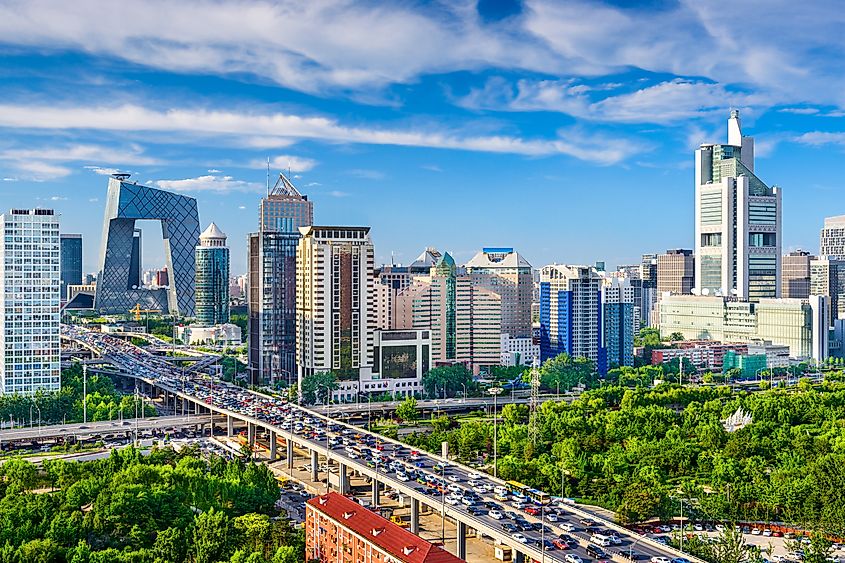
China's English name is thought to have derived from what the Portuguese called China during exploration in the 16th century. The Portuguese themselves were likely using a name that comes from Perian, which then can find its origins once again in the Sanskrit word चीन (cīna).
The Chinese have called their own country Zhōngguó. This directly translates into "the Middle Kingdom" or "central state." The Chinese bestowed themselves this name because they thought they were both the center of the world geophysically and the pinnacle of human civilization.
During the rule of China's various dynasties, it was also common to refer to the country as "the Great" followed by the name of the ruling dynasty. For example, "the Great Han" or "the Great Yuan."
Germany
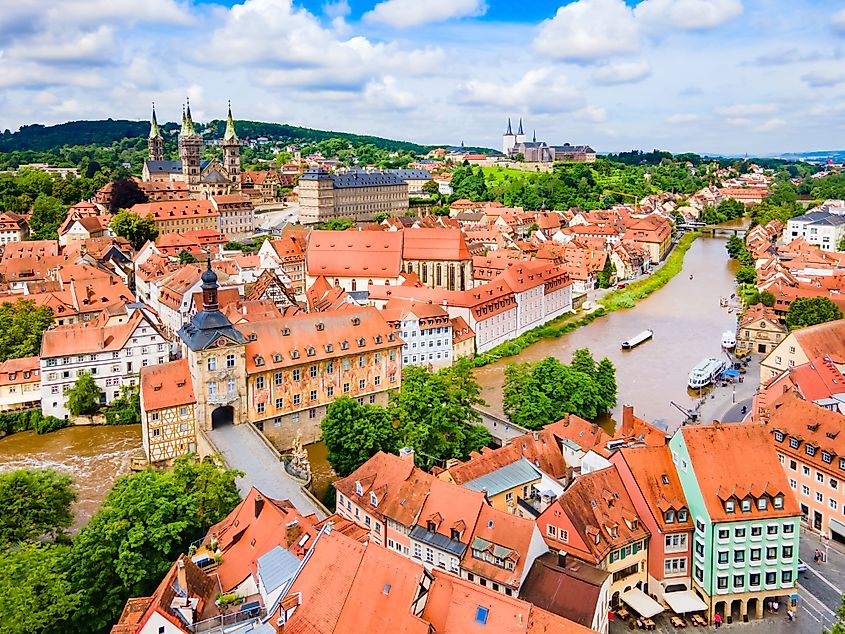
Germany has some of the most exonyms in the world. It seems just about every other language refers to their country with any other name aside from "Deutschland." "Deutschland" translates into meaning "land of the people" in English.
The English word "Germany" derives from the Latin name "Germania." This is the title that was given to the land by the Roman general and statesman Julius Caesar during his many conquests across what is today modern France, Belgium, and the Netherlands.
The names for Germany in other languages change wildly, too. In French, it is "Allemagne"; in Polish, it is "Niemcy," and in Swedish, it is "Tyskland."
Finland

Finland is in another bizarre situation similar to that of Germany. While it has many different exonyms, its native name "Suomi," is only used by the native Finns to refer to their own country. Suomi literally means "Finland" in Finnish but can also be used to refer to the people of the county.
The English name Finland is thought to have come from the Old English word "finna" which was used to describe peoples from Scandinavia. The English name for the region, Finland simply means "land of the Finns."
The origins of the name Suomi are not entirely clear. Leading theories supposed that it might come from the proto-Baltic word, "źemē" used to describe the Sammi, a semi-nomadic people that inhabit regions of Northern Finland and Scandinavia. It could also come from the Finnish word '‘suomaa" which means swampland.
Iran
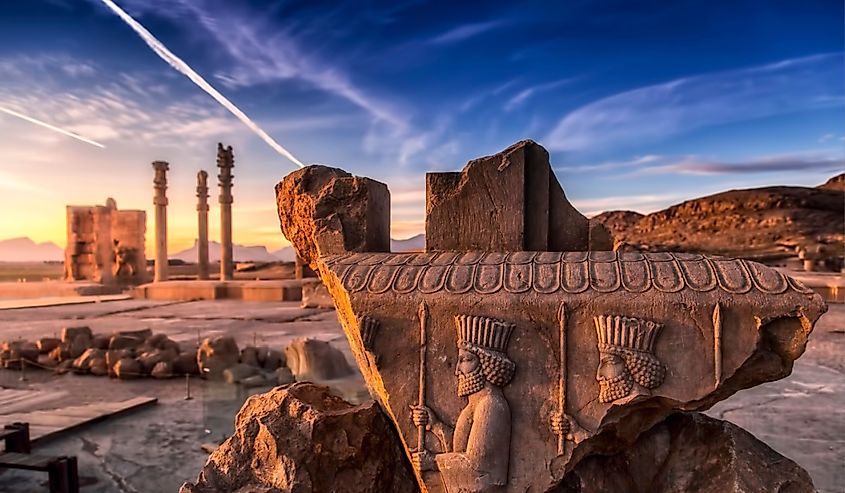
Although the region was called Persia for much of its history, the country now requests the international community to refer to it as Iran. The Farsi name for the region Iran translates into "land of the Aryans." While this might conjure up images of Nazism to many Westerners, the two have nothing in common.
The Aryans are an ancient people who settled in prehistoric Iran and India and are thought to have been responsible for laying the foundation of both countries. The name Iran is simply an acknowledgment of their ancient ancestors.
The name Persia on the other hand has similar ancient origins. It comes from a Greek word that means “that cuts or divides” and "the land of horses." There is also a region within Iran that is still named Persis.
Japan

Japan's endonym is 日本 which can be pronounced either Nihon or Nippon. These names mean "the origin of the Sun" in Japanese which is why many people in the West call Japan "the land of the rising sun" as well.
The name Cipangu was first given to the islands of Japan by the explorer Marco Polo, who correctly claimed that the land was endlessly rich with silver and gold. While the validity of Polo's accounts has been called into question, the name stuck for much of the Medieval Era.
The name Japan comes from early Portuguese translations of the Chinese name for Japan, which is 日本 or "Cipan." As reports of this new land finally circulated back to England years later, it was eventually given a new Anglicized name, Japan.
Ireland
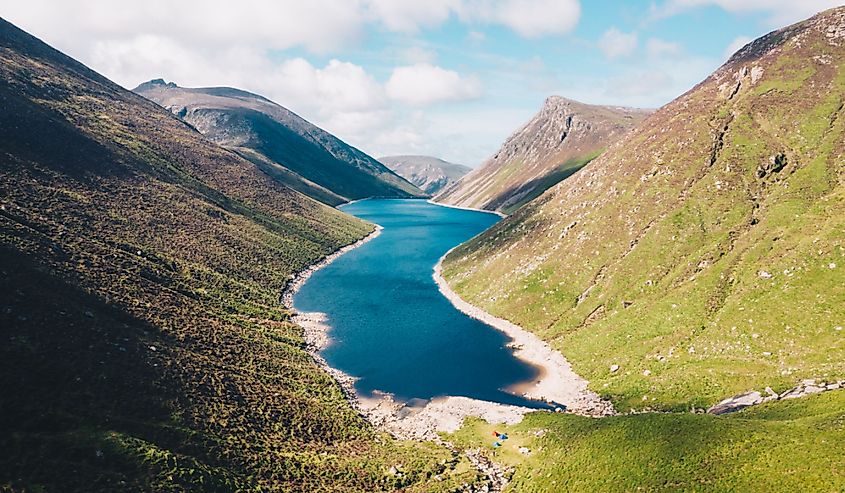
Ireland's official name is still the Republic of Ireland but it still goes by a different name in Irish. Irish is the native language of the Irish people and has seen a steady revival after years of its decline thanks to British colonial rule.
In Irish, Ireland is referred to as "Éire." This simply means "land of abundance" or “fertile land.” As there has been a stronger effort from both the Irish people and their government to reclaim the Irish language, Ireland is more commonly referred to by its Irish name, even in official government documents and memos.
The name Ireland is a part of a trend that is common in many English names for countries. Simply taking the first few letters of the predominant ethnic groups that reside there and putting -land at the end. You see this in the previously mentioned Finnland, as well as Iceland and Scotland.
Greece
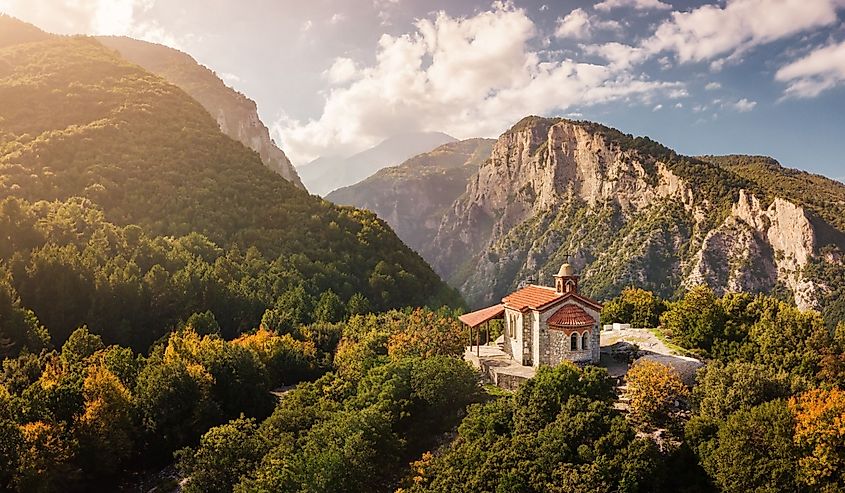
The English name for Greece comes from the Latin name for the region which is Graecia (Greek: Γραικία). This roughly translates into "land of the Greeks." Greece calls itself Hellas, something that no other country in the world does aside from Norway and Cyprus.
Hellas is thought to have come from a tribe that lived in Ancient Greece called the Hellenes. A lot of details about the Hellenes are chalked up to myth and exaggeration, but it is still likely that they were real people who lived in Greece at least at one point in time.
Most other European languages refer to Greece using their own version of the Latin derivative. Turkey called Greece "Yunanistan," which translates into "Land of the Ionians.” Other countries within the Middle East use a similar name for Greece as well.
India
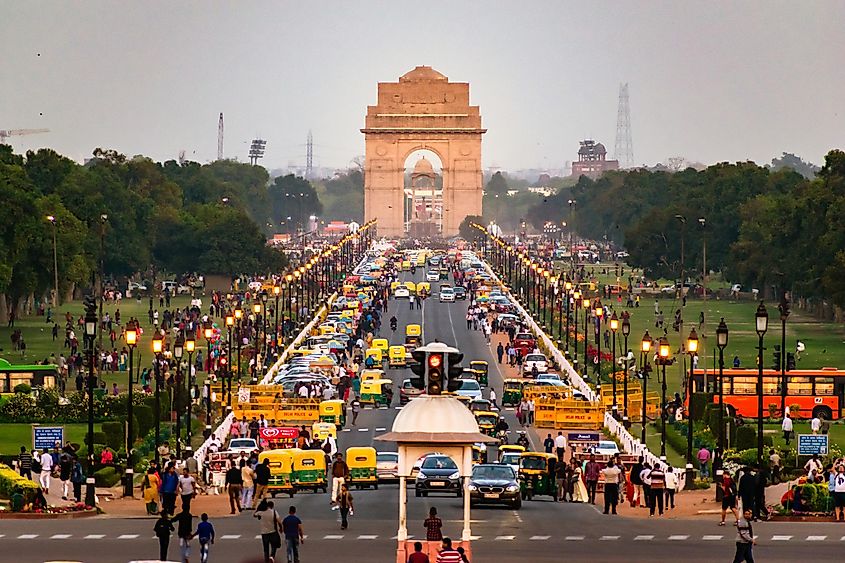
India has various names for itself, but the two most common are Bhārat" and "Hindustān." Bhārat is used as a form of acknowledgment for the mythological figure Emperor Bharata, who is often regarded as the first ruler to unite the Indian Subcontinent.
Hindustān is primarily used to refer to the people within India rather than as the title of the country. But the two names are sometimes used interchangeably. The word Hindu and, ultimately, Hindustān comes from a Persian interpretation of the Sanskrit word Sindhu or Indus.
The name India also comes from the Greek name of the Sindhu River, the Indus. The name was first popularized by Herodotus during his retelling of the life of Alexander the Great. In English, the name India is thought to have been used to describe that part of the world since at least the 9th century AD.
Morocco

The name Morocco comes from an anglicized version of the Spanish name Marruecos. This name is derived from the name Marrakesh which is a city within Morocco that served as the capital of many caliphates and emirates throughout history. Turkey refers to Morocco as "Fas," which comes from another city named Fez.
Morocco in Arabic is "al-Maghrib" meaning "the land of the sunset." This gets its name from the Maghreb which is the region Morocco is located within. It is also considered to be the westernmost point of the Muslim world historically speaking.
Most other European languages use some sort of similar name for Morocco as we do in English. The French call it "Maroc" and the Portuguese call it "Marrocos."
New Zealand
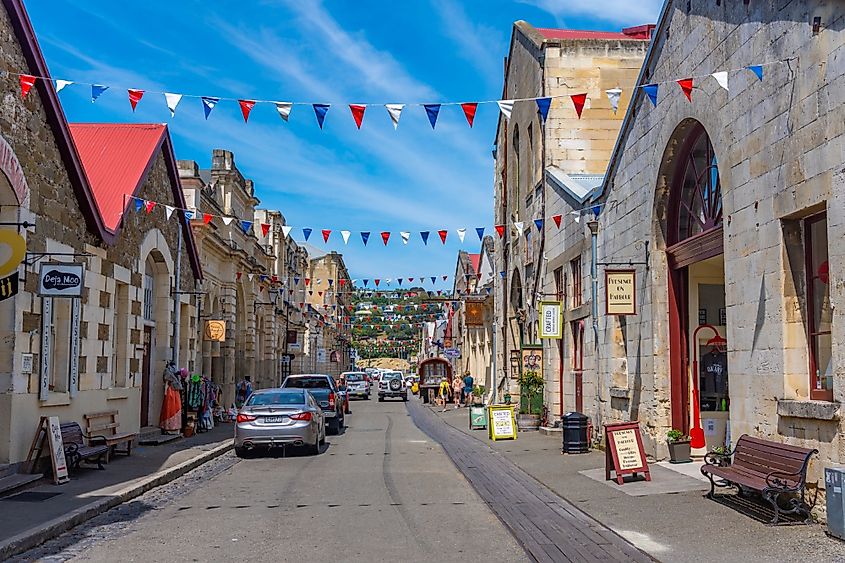
New Zealand prides itself on its mix of both European and Indigenous cultures in the country. The Maori, the largest indigenous ethnic group play a large part in the cultural identity of New Zealand and many often refer to the country using its name in the Maori language.
The Maori called the land of New Zealand "Aotearoa." The exact translation is often argued about by linguists but most agree that the Maori name translates into "long bright world” or “long white cloud."
The name New Zealand itself likely comes from Dutch explorers who found the island sometime in the 17th century. Zeeland is a region within the Netherlands, and the Dutch sailors probably called it such as a homage to their homeland.
